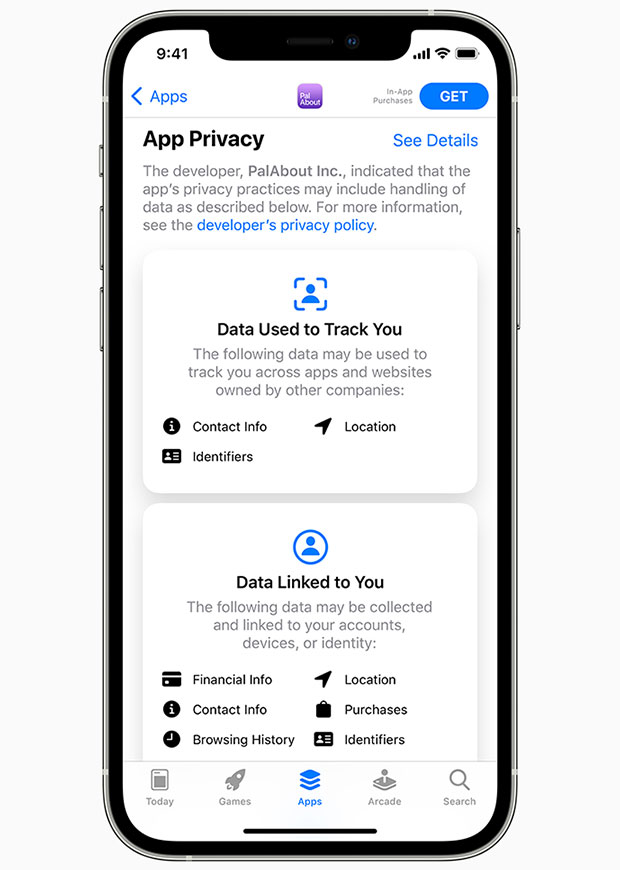Apple’s New Privacy Framework Pressures the Digital Ad Market

Last June Apple announced their plan to release App Tracking Transparency (ATT) privacy enhancement feature in the fall.
ATT requires apps to get a consumer’s authorization before tracking them or the devices they are using.
The contentious changes were negatively received by Facebook and much of the ad industry led Apple to delay the move until early this year. Apple said in January that the changes would finally arrive in early spring.
The iPhone maker attaches a unique code to each device, known as Identification for Advertisers, or IDFA. Advertisers can use this tag to monitor what users do in apps and how they interact with ad campaigns.
This new framework, called App Tracking Transparency, or ATT, is more compliant with the strict data-protection rules that have recently appeared in Europe but advertisers complain it will make it harder for them to track how successful their campaigns are.
App developers will now have to get users to explicitly opt into being tracked in this way, before being able to access the IDFA. Ray Wang, principal analyst and founder at Constellation Research, told the E-Commerce Times that “at least 40 percent of consumers will say no.”
Large advertisers will be able to work with App Tracking Transparency, but small and medium sized businesses “will find it harder to succeed in digital marketing and targeting campaigns.
Facebook contends that publishers should expect ad revenue to decline once this feature is rolled out and noted that publisher revenue on its Audience Network fell by more than 50 percent when personalization was removed from mobile app ad install campaigns.
Google will not display Apple’s ATT prompt or use IDFA on its apps available on iOS and acknowledged publishers’ ad revenues might be impacted.
The global advertising industry formed the Partnership for Responsible Addressable Media (PRAM) last August, in response to Apple’s ATT plans.
PRAM “is a joint-industry initiative to advance and protect critical functionalities like measurement and attribution for digital media and advertising, while safeguarding privacy and improving the consumer experience” according to the American Association of Advertising Agencies’ website.
PRAM has about 400 members, including retail giants and advertising industry companies. It wrote an open letter to Apple in September requesting an urgent meeting to discuss issues arising from the introduction of the ATT as “we believe the proposed changes could have a negative impact on both consumers and businesses.”

Personal data will become a property right when consumers have rights over their data, said Ray Wang. Once that happens, consent can be brokered.
“One solution may be for Apple to broker consent and the value exchange; I as the consumer could agree to be tracked for say, $2 a month,” Wang suggested. “Advertisers can pay me, or they will need to find more compelling value exchange models to secure personalization data.”
Nike appears to have found a more compelling value exchange model. Users like Nike’s app, which has begun implementing the ATT framework “because it helps their athletic goals and performance,” Miller noted. Nike likes it because the data shared with partners is clear and transparent, and the user is in control of opting in and out. “It’s a win-win dynamic.”
Constellation Research is helping companies to organize their feedback to Apple on how to further improve its SKAdNetwork API that helps advertisers evaluate the success of ad campaigns while maintaining user privacy.